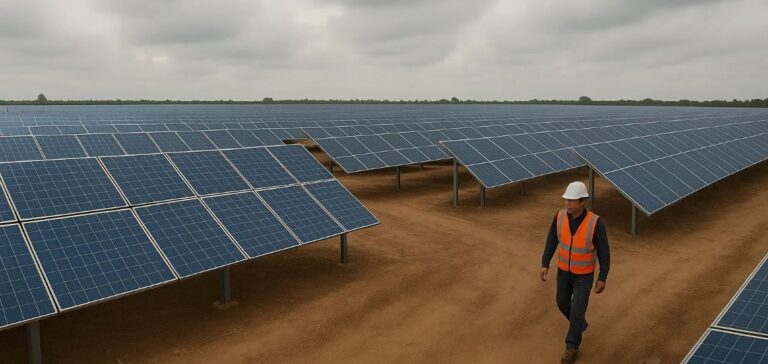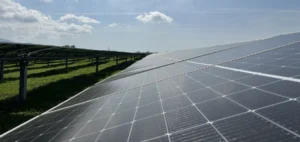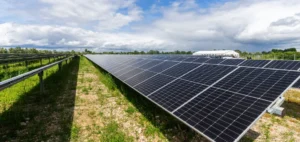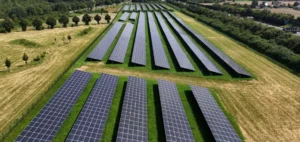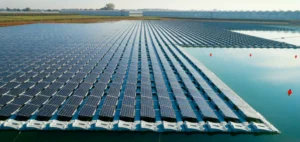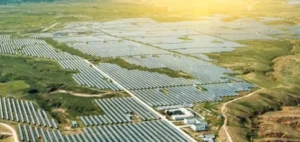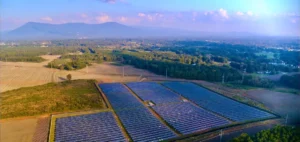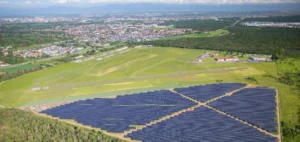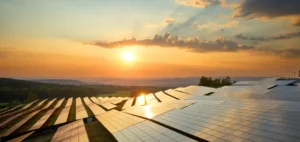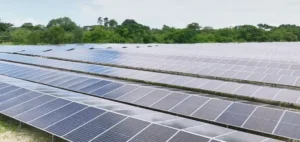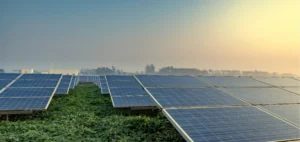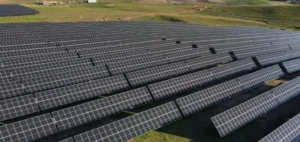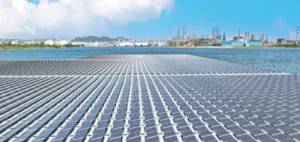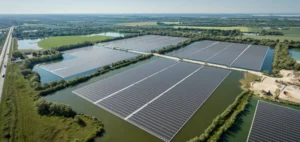The UK government proposed a legislative amendment on Wednesday to ban its public company, Great British Energy, from purchasing components linked to forced labour. This move could have repercussions for the photovoltaic panel industry, particularly those produced in China, where accusations of forced labour have been raised.
A legislative amendment to combat forced labour
Led by Energy Minister Ed Miliband, this new legislation focuses on fighting “slavery and human trafficking,” particularly in supply chains linked to solar panel production. The bill, still subject to a vote in Parliament, could have a significant impact on the import of polysilicon, a key material in the manufacturing of photovoltaic panels, a large portion of which comes from the Xinjiang region in China.
Accusations of forced labour in Xinjiang
China has been accused by human rights organisations of involving Uyghurs in forced labour programmes in the region. Xinjiang, which produces large quantities of polysilicon, is also at the heart of controversies regarding the internment of over one million Uyghurs and other Muslim minorities, which Beijing describes as “vocational training centres.” However, these allegations are firmly denied by Chinese authorities.
International reactions and implications for climate goals
Luke de Pulford, director of the Inter-Parliamentary Alliance on China (IPAC), supported the view that forced labour is widespread in Xinjiang and beyond. “The campaign has been long and difficult, but the government has today given some hope to the Uyghurs,” he said. He added that the ecological transition should not be funded by the exploitation of this minority.
Despite these concerns, a spokesperson for Prime Minister Keir Starmer indicated that the amendment would not jeopardise the UK’s climate goals, which aim to decarbonise its electricity grid by 2030.

